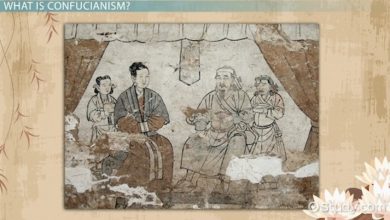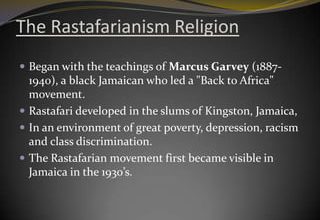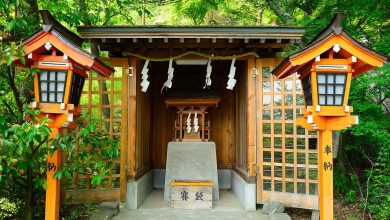Great Brief Description and History of Hinduism.
Unveiling Hinduism: A Journey Through Its Beliefs and History.
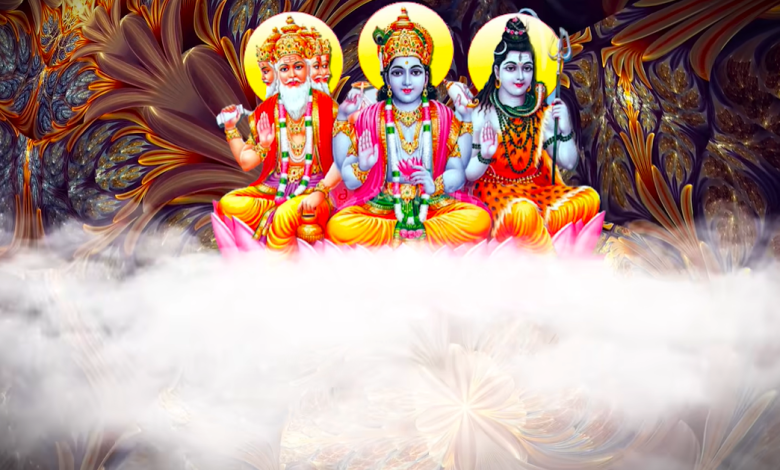
Brief Information about History of Hinduism, about aims: Hinduism is the third oldest religion in the world. It is mostly practised in India and Nepal. The basic feature of Hinduism is that it was never founded by a man or a man of a particular caste or by an organization. It is a convention of many beliefs and rituals.
Core Beliefs History of Hinduism:
Hinduism is a form of religious belief that asserts a supreme being known as Brahman. It is also important to note that Hindus recognize different gods and goddesses, of whom Lord Shiva is believed to be the supreme god. These are other manifestations of Brahman since different deities represent various attributes of the supreme being.
| Belief | Description |
|---|---|
| Brahman | The supreme, unchanging reality. |
| Atman | The soul or inner self. |
| Karma | The law of cause and effect. |
| Samsara | The cycle of birth, death, and rebirth. |
| Moksha | Liberation from the cycle of Samsara. |
Historical Overview History of Hinduism:
History of Hinduism is one of the oldest religions in the world, having a history that is several centuries old. Here is a chronological history of the civilization with the major highlights:
The beginning History of Hinduism can be dated back to this civilization, The Indus Valley Civilization (3000-1500 BCE).
The Vedic Period, 1000-500 B.C., highlights the Vedas, the oldest Hindu writings.
Epic Period (500 BCE-500 CE): Mahabharata and Ramayana, two of the two great epics of India, came into existence.
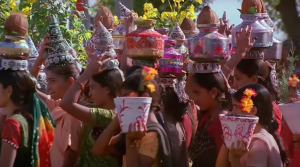
Classical Period (500-1500 CE): One of which is the Upanishads, which were composed during this Period.
Medieval Period (1500-1800 CE): The New interpretation of Vedas and other sacred texts began in this Period, and the Bhakti Saint compositions, like poems, cherished a significant place.
Modern: As of the year 1800 CE to the present, History of Hinduism extended to other parts of the world and had cross-cultural interactions.
History of Hinduism is one of the world’s most ancient and complex religions and part of everyone’s life. It’s the fifth-largest religion in the world today. Hinduism- Religion, Culture and Practices, The Vedic Period: The Vedic Period or the Vedic Age: 1500-500 BCE. The compositions of the Vedas were during this time. The four Vedas are collections of Hymns and Rituals. They are:
Arising from the Vedic hymns, several deities are mentioned. They look for good fortune and shield against adversities.

Credit: study.com
The Philosophical Texts History of Hinduism:
The Upanishads are the word of wisdom used to expound on verses from the Vedas. They develop and discuss the ideas of Brahman and Atman. The Upanishads are also called Vedanta or the end of the Vedas.
Watch the video– Hinduism Explained
The Great Stories History of Hinduism:
The greatest epics that emerged from this period comprise the Mahabharata and Ramayana. All these stories have elements of moral teaching as well as ethical duties in them.
| Epic | Description |
|---|---|
| Mahabharata | A story about a great war between two families. |
| Ramayana | The tale of Prince Rama and his quest to rescue his wife, Sita. |
Classical Period: The Rise of Devotional Movements:
A number of devotional movements were started in the classical age. Most of these movements were centred on the passion of love for a personal God. This gave rise to the Literature of the Classics, which emanated from texts such as the Puranas and the Bhagavad Gita.
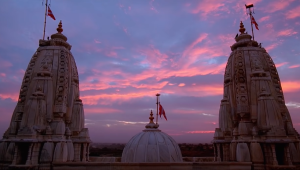
Medieval Period: The Bhakti Movement:
The Bhakti Movement can be said to have originated in the Medieval Period. Therefore, it focused on love and devotion to God. Great souls and poets who participated in this movement were Kabir, Mirabai, and Tulsidas.
Modern Period: Hinduism in the Contemporary World:
Hinduism has expanded into the Modern Period, and its beliefs have spread all over the country and the world. It has impacted many cultures and traditions. Swami Vivekananda and Mahatma Gandhi are some of the leaders who tried to popularize Hindu values worldwide.
Read more- A Brief Introduction And History of Sikhism.History of Hinduism Practices and Rituals:
Hindu practices vary widely. Among these are rites of passage, calendric or cultural fairs, and prayers offered daily. Some standard practices are:
Puja: Daily worship of a deity.
Yoga, which means union, is a health-enhancing technique embracing physical and spiritual disciplines.
Meditation: Methods of obtaining a concentration in mind.
Festivals: Celebrations like Diwali and Holi.
FAQ
What Is Hinduism?
Hinduism is one of the world religions that emerged in South Asia, specifically India. This involves different principles, customs and practices concerning a particular culture.
When Did Hinduism Begin?
Hinduism originated more than 4,000 years ago. It is one of the earliest recorded organized religions on the earth.
What Are Key Texts in Hinduism?
Hinduism has many texts, the main of which are Vedas, Upanishads, Bhagavad-gita and Ramayana.
Who Are the Main Deities In Hinduism?
Some of the main gods of Hindus are a trio, which includes Brahma, Vishnu, and Shiva; goddesses, which are Lakshmi and Saraswati. Each of them symbolises something in life.

